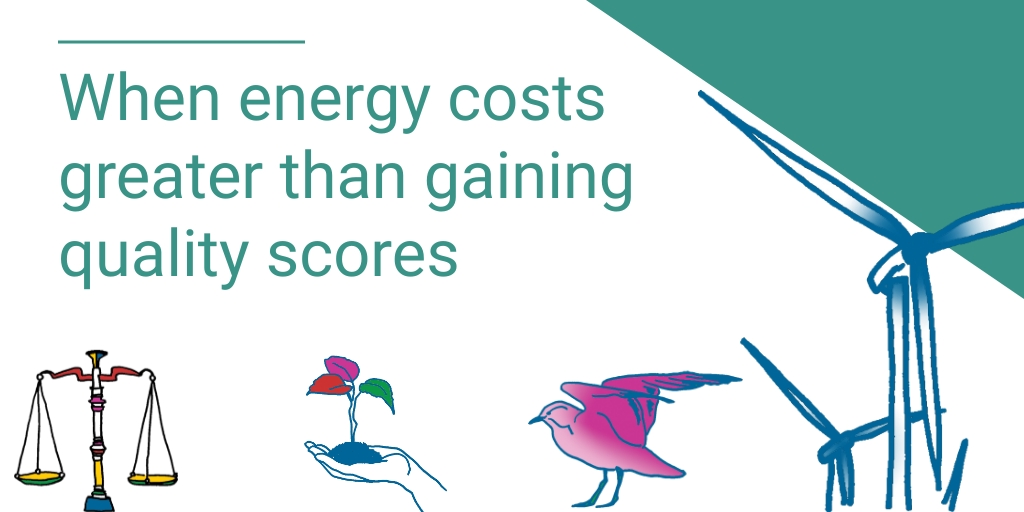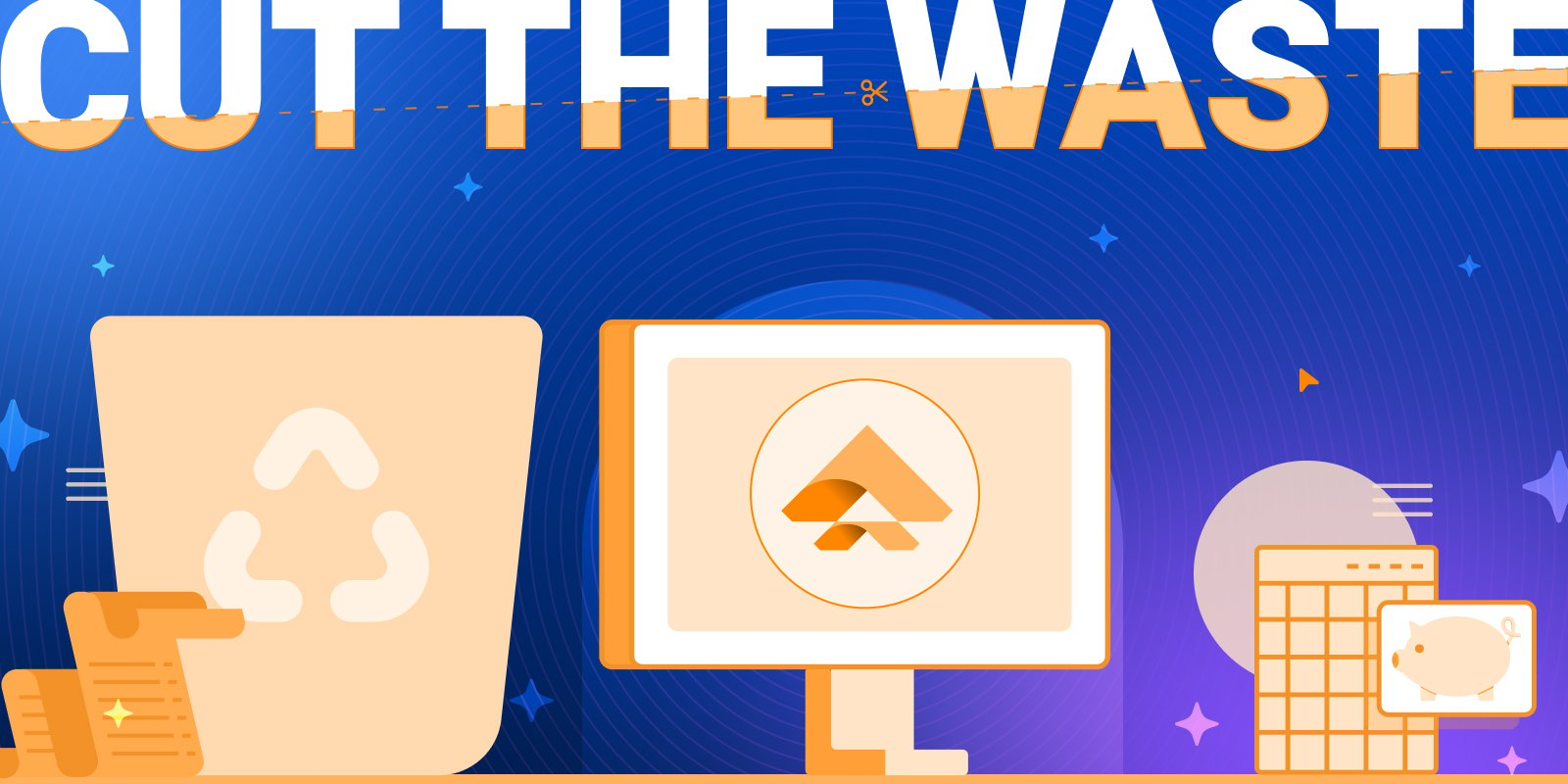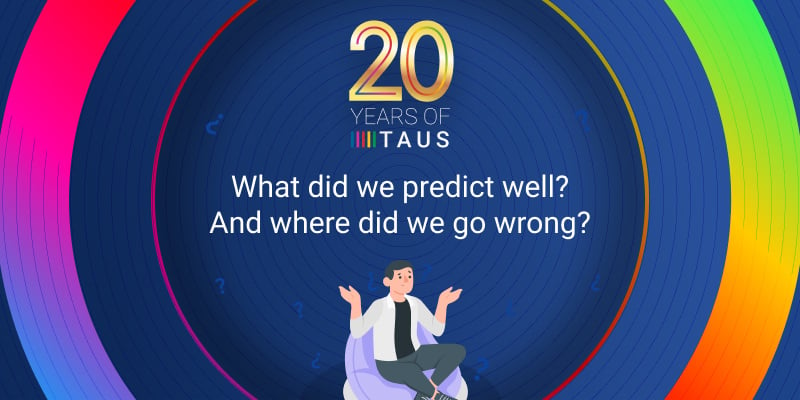Efficiency, Energy Use and Sustainability in Machine Translation

How much attention should the MT community using machine learning tech pay to their energy consumption? Is there a danger that in the long run, our language processing agenda will have a negative impact on our ecology? To answer this, we need to look at the facts.

William Waites has been focusing on communications infrastructure and enabling technologies since the mid-1990s. He is a research engineer at the University of Edinburgh School of Informatics working to mine translated text from within petabytes of web data. He has recently successfully defended his PhD thesis treating applications of graph structures in anatomy and molecular biology at the Laboratory for Foundations of Computer Science. He worked on practical architectures to address Internet access in remote parts of the Scottish Highlands winning the European Broadband Award for future-proof infrastructure. Previously, in addition to holding staff engineer positions on academic research network and private sector telecommunications operators in Canada, he pioneered audio streaming of cultural events and operated server infrastructure for the arts communities in Montreal, Toronto, and Berlin.
 by Dace Dzeguze
by Dace Dzeguze


